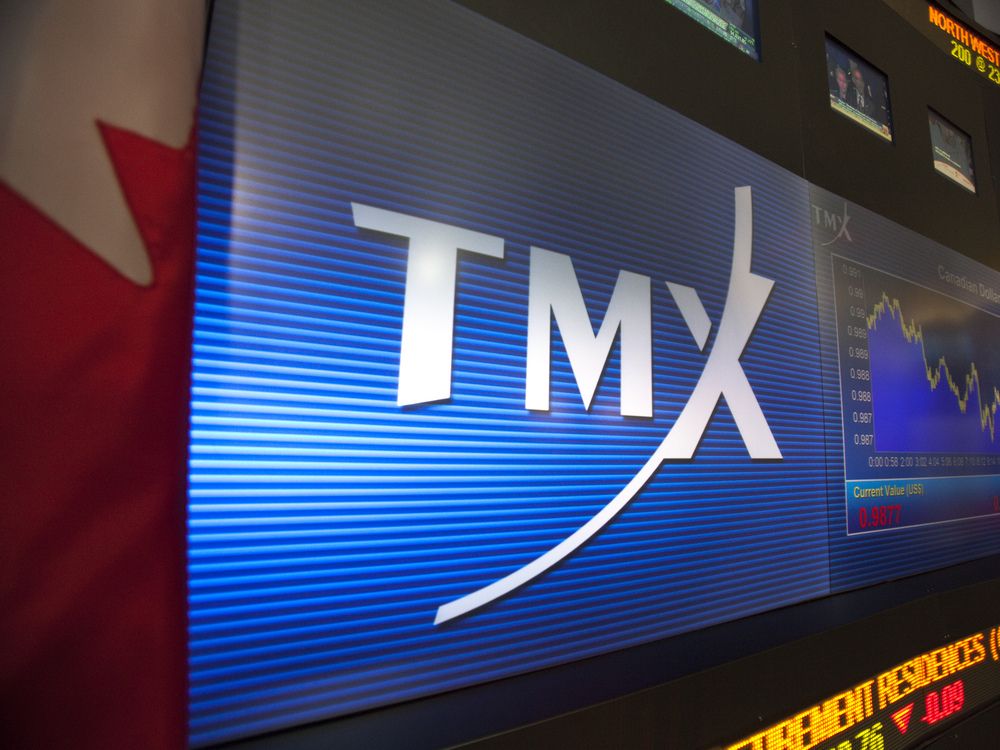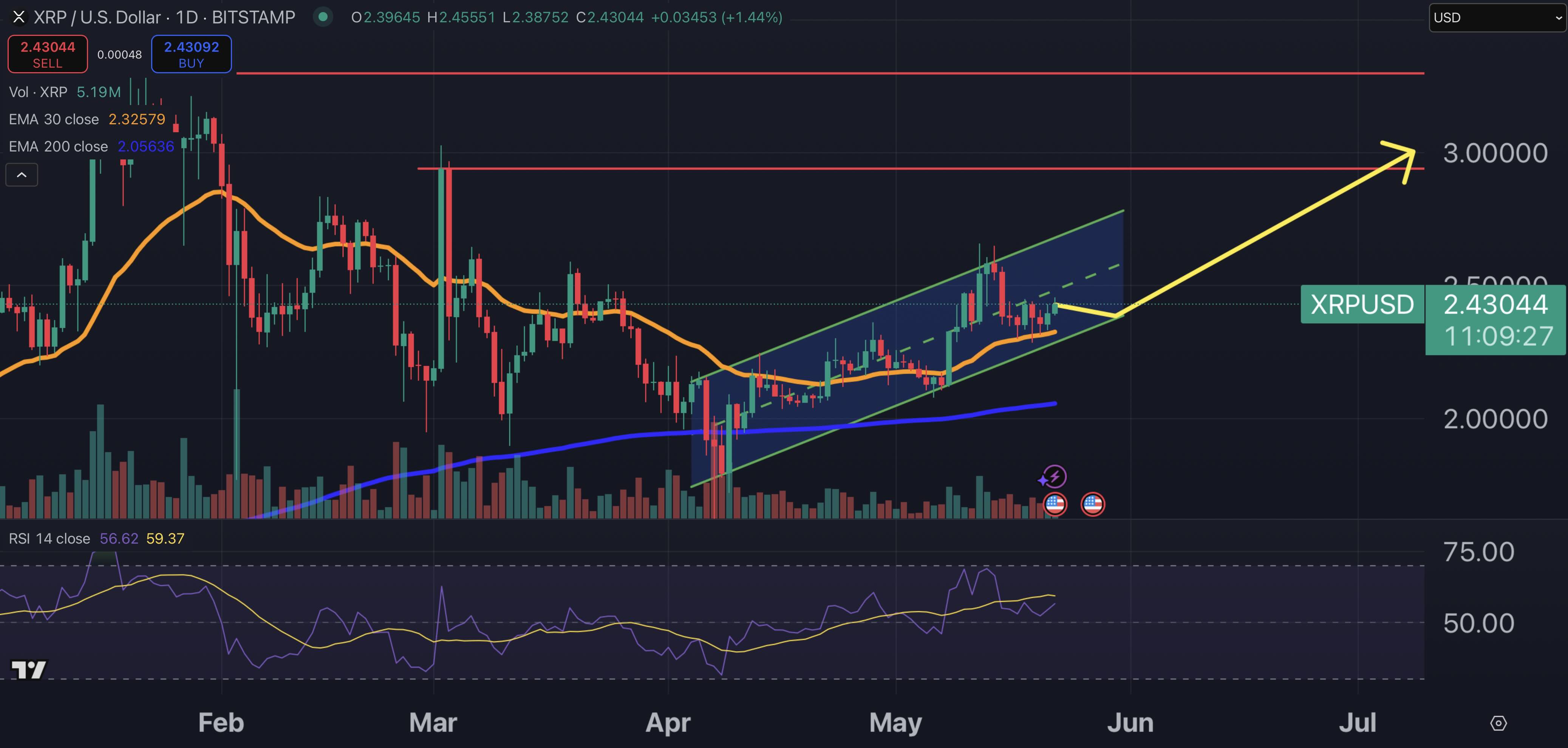In Praise Of Stock Exchanges, The Most Powerful Way To Build The Middle Class

When most people, even those in the investment business, look for an analogy to describe stock exchanges , their reference point is often the casino. However, the similarities between exchanges and casinos are largely superficial: Both involve committing money based on an expected outcome, which may or may not happen, and both investors and gamblers can get very emotional. But that’s pretty much where the comparison ends.
In a casino, the odds are quantifiable: players have a less-than-1-in-20 chance of hitting blackjack and about a 1-in-650,000 chance of landing a royal flush in poker. With the stock market , the exact odds are unknowable in advance, but tend to be in favour of the investor. The longer someone invests in stocks , the more likely they are to make money. With the casino, it’s the opposite: the odds are with the house, and the longer you play, the more certain you are to lose.
Casinos are also a zero-sum game. For every winner there is a loser. By contrast, stock markets are wealth creation engines that match entrepreneurs and their business ideas with investors who can vote on those ideas with their money. Exchanges are the most democratic institutions that the world has ever invented, because they allow for the free expression of capital. Through its stock market, everyone in a country can participate in a nation’s best and most profitable companies — whether through direct ownership of shares or through mutual funds or in their pensions. If an idea is implemented well-enough to make a billionaire out of the entrepreneur who came up with it, then any investor who owns a piece — even a very small piece — of that company is much more likely to cheer their success and the national prosperity it brings than to resent it. The people become part of the national dream.
While it is true that any investor most anywhere in the world can buy into almost any stock on any exchange globally, there is a home country bias in which investors disproportionally invest in the nation that they call home. Canadians tend to have much more of their stock investments in Canadian companies than our role in the global economy would justify.
As a lesson in the importance exchanges can play in society, the difference between Canada and the U.S .in the wake of the 2008 financial crisis was instructive. Both countries’ financial institutions needed capital injections. In the U.S., those injections largely came by way of government bailout. In Canada, the nation’s banks and insurance companies went to the capital markets and issued common and preferred shares which the public eagerly bought. It was a once-in-a-lifetime event to be able to acquire Canadian bank stocks with sustainable dividend yields approaching 10 per cent. In the aftermath of the crisis, the Occupy protests in the U.S. were violent, reflecting the alienation many felt from the “American Dream”. Canadian Occupy protests were tame by comparison. The difference? In our country, people were able to vote with their own money in favour of companies they supported and personally did well as a result. In America, that vote was taken from the people and the most direct beneficiaries of government intervention were perceived to be the ones who caused the crisis.
A guideline to determine whether a country has a functional stock exchange is whether the value of the domestic listed companies (market capitalization) is greater than the national economy, as is the case in Canada, the U.S., India and many other developed countries. In nations, where the economy is bigger than the market, for example Mexico, China and Russia, wealth tends to be concentrated in a relatively small group of individuals and families and the gap between rich and poor tends to be greater — and social cohesion is weaker. Stock exchanges are the greatest invention the world has ever known for creating a middle class — and it is the middle class that historically has the greatest interest in maintaining a democracy.
Ironically, for centuries stock exchanges did not trade their own shares publicly: rather, they were members-only private clubs. At the turn of this millennium, with their historic monopolies eroding, one-by-one most of the world’s national stock exchanges such as London (2001), Toronto (2002) and the fabled “Big Board” in New York (2006) transitioned into public companies. From New York to Mumbai, our firm played a role in a number of these transitions and has invested in over 50 exchanges globally. The upshot of this industry transformation is that these former not-for-profits achieved greater efficiency, much greater trading volumes and generated tremendous profits — and it is now possible for citizens of a country to own a stake in the institutions where all the best economic ideas are brought to market. Whether investing domestically or globally, shares of exchanges have become an important way to participate in the growth of a nation’s economy.
- When riding the market whiplash, structured notes can smooth the journey
- Scotiabank analysts rank Canada's big banks as earnings season kicks off
Having just come through a federal election in Canada and a provincial election in Ontario, my thought for the leaders of our country is to make it easier to launch, maintain and grow public companies and the exchanges that list them. Canadians can invest anywhere in the world, but making it more attractive for Canadians to invest in our nation’s public companies — as we are inclined to do anyway — can make a positive difference to social harmony. As a wise man once said, “Where your treasure is, there will your heart be also.”
Brendan Caldwell is CEO of Caldwell Investment Management Inc., a director of CNSX Inc., the parent company of the Canadian Securities Exchange, and co-manager of Urbana Corporation and the Global Exchange LP
Bookmark our website and support our journalism: Don’t miss the business news you need to know — add financialpost.com to your bookmarks and sign up for our newsletters here.


